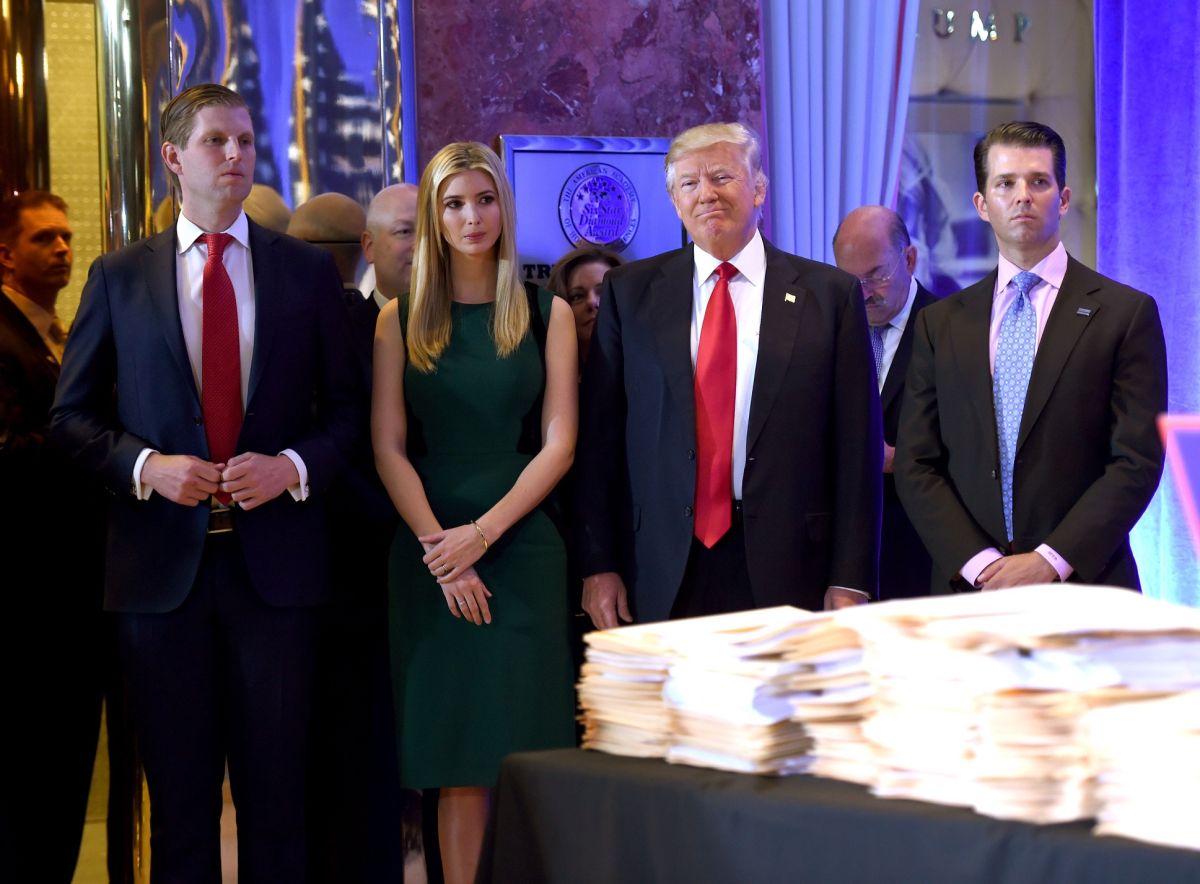In the midst of the problems that he could face in the Select Committee of the House of Representatives for the invasion of the Capitol on January 6, 2021, former President Donald Trump continues to battle to avoid giving testimony in the investigation by the New York Attorney General’s Office.
However, prosecutor Letitia James does not lower her guard and a few days ago filed an appeal with the Manhattan Supreme Court to achieve the testimony, in addition to accusing the Trump Organization of delaying the delivery of documentation directly related to the former president.
The prosecutor awaits the Court’s decision in the coming days, after alleging that there are thousands of documents that establish communication between the former president and his associates, which could contain key information on the unjustified increase in real estate prices and possible processes to obtain tax and loan benefits.
The Prosecutor’s Office indicates that of some 900,000 documents delivered by the Trump Organization so far, only 10 come from personal files or files that the former president has in custody.
“So far, the investigation has uncovered significant evidence that could indicate that, for more than a decade, these financial statements relied on misleading asset valuations and other misrepresentations to obtain economic benefits, including loans, insurance coverage and tax deductions. or sent by the Prosecutor’s Office to the Court.
Therefore, prosecutor James maintains the need to directly question former President Trump and his children Donald Jr. and Ivanka, who were part of the company’s executives .
On 17 last February, the judge of the Supreme Court of New York, Arthur Engoron, endorsed that the Trumps give testimony, even pointing out that they could adhere to the Fifth Amendment not to reveal information that implicated them, given that the investigation is of a civil nature.
The New York District Attorney supported this argument, indicating that civil citations “do not obligate the appellants to provide information that can be used against them in a future criminal case.”
He added that respondents can exercise their right to refuse to answer questions that require answers that could incriminate them.
“Civil citations also do not elude grand jury rules. “Contrary to appellants’ assertion, they have no right to be called to testify before the grand jury and be granted immunity from prosecution.”
The Trumps have said that a recorded statement showing them defending could one day “influence” a civil jury against him.
The Trumps’ lawyers have argued that a civil proceeding can eventually turn into a criminal one, so their clients seek to anticipate that possibility, when accusing “political persecution”.
Prosecutor James and her team have succeeded so far in getting Eric Trump to hand over documentation and be questioned, after a battle in court.
